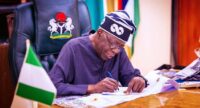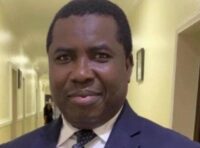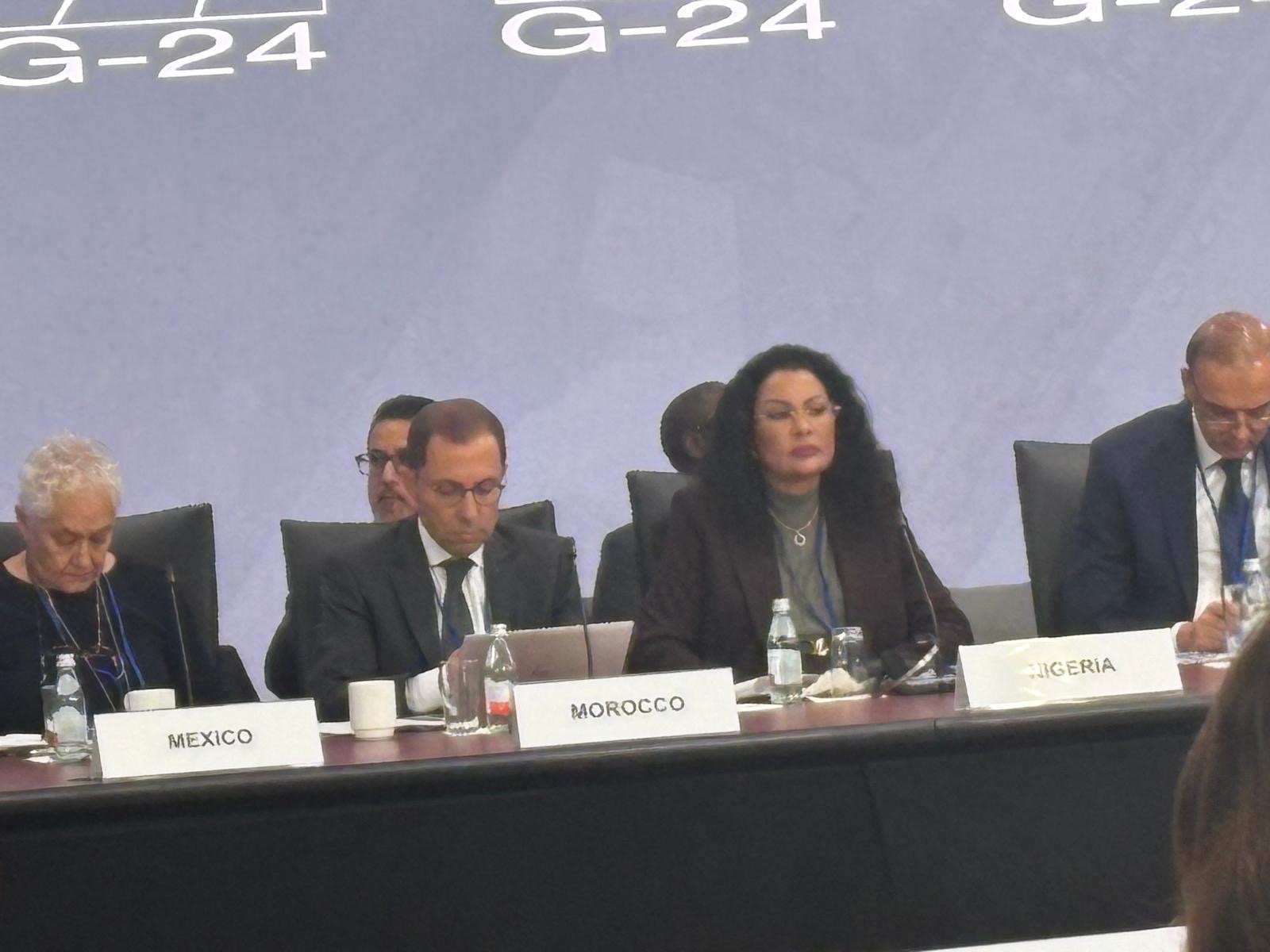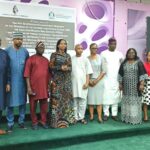NKECHI NAECHE-ESEZOBOR (WASHINGTON DC)-Nigeria’s trade surplus has increased to 6% of the nation’s Gross Domestic Product (GDP) and is expected to remain stable in the near term, according to the Governor of the Central Bank of Nigeria (CBN), Mr. Olayemi Cardoso.
Cardoso disclosed this during the G24 Meetings held on the sidelines of the IMF/World Bank Annual Meetings in Washington, D.C., attributing the improved balance of trade to the implementation of sound macroeconomic policies that are beginning to yield positive results.
The CBN Governor emphasized the importance of maintaining disciplined economic management, noting that there is a strong correlation between policy consistency, growth, and disinflation.
“We are beginning to see tangible progress from the macroeconomic reforms, and maintaining policy discipline will be crucial to sustaining these gains,” Cardoso stated.
He also revealed that the CBN is developing a framework to ensure mutually beneficial currency swap arrangements with other countries, aimed at strengthening Nigeria’s external position and promoting trade efficiency.
Meanwhile, the Minister of State for Finance, Dr. Doris Uzoka-Anite, who also attended the G24 sessions, reaffirmed the Federal Government’s commitment to deepening engagement with international financial institutions and global partners to accelerate Nigeria’s economic growth.
Dr. Uzoka-Anite’s participation, according to observers, reflects Nigeria’s proactive approach to promoting economic cooperation and policy dialogue on global financial platforms.
The G24 meetings provided a forum for discussions on key economic themes including domestic resource mobilization, inflation control, and sound macroeconomic management—areas that remain central to Nigeria’s reform agenda.
The deliberations, both at the G24 and the broader IMF/World Bank Annual Meetings, underscore Nigeria’s ongoing efforts to strengthen economic stability, attract investment, and enhance the welfare of its citizens.









